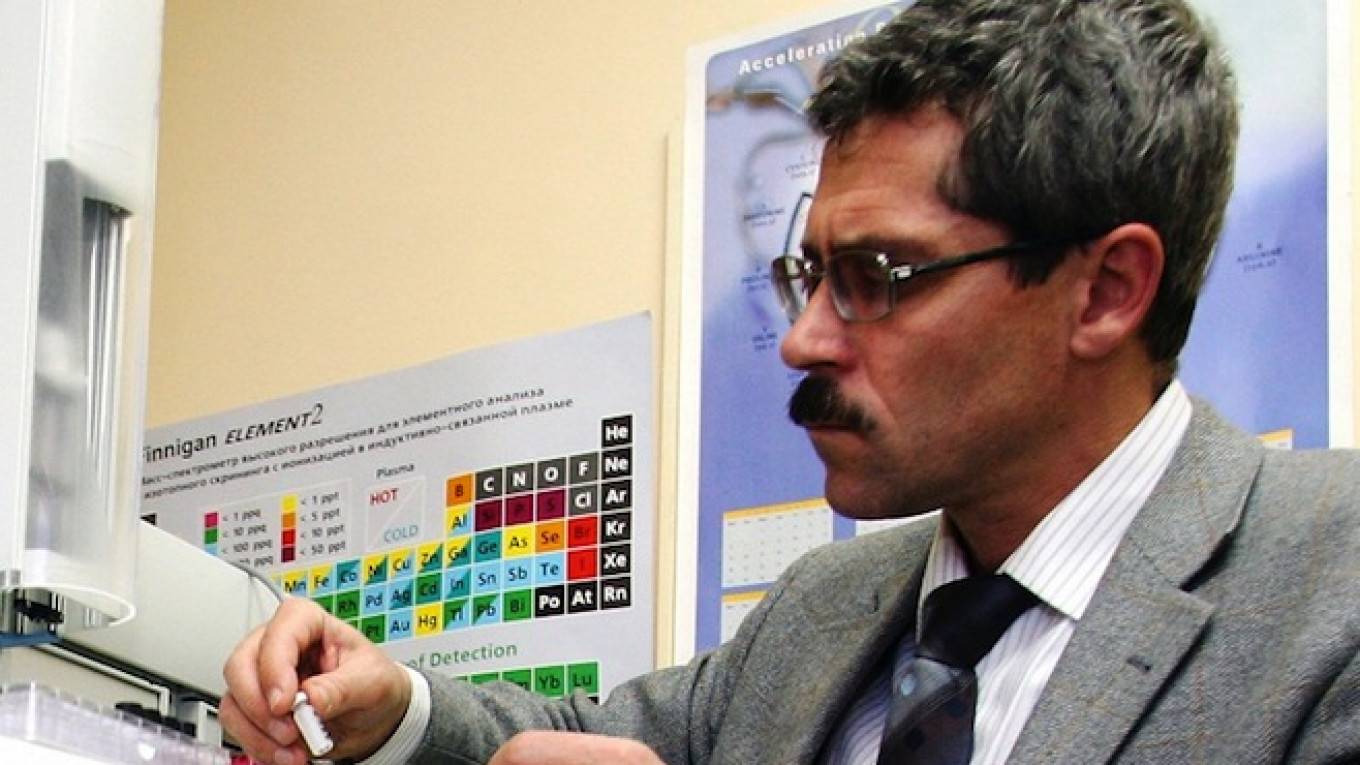Russia's Investigative Committee claims that Grigory Rodchenkov, the former chief of the country's anti-doping laboratory, was illegally buying drugs used for doping in the U.S. and selling them to athletes, promising to help hide the evidence of taking them, Committee spokesman Vladimir Markin said in an online statement Monday.
?€?Investigators have reason to believe that Rodchenkov didn't only execute, but invented and organized a number of such schemes,?€? the statement read.
Rodchenkov moved to the U.S. shortly after the Moscow laboratory was shut down by the World Anti-Doping Agency (WADA) in November 2015. In May, he told the New York Times newspaper that a state-backed doping program at the 2014 Sochi Olympic Games had seen urine samples switched during the night and passed through a hole cut in the wall. The Kremlin has denied the allegations, calling them ?€?slander from a turncoat.?€?
Last month, Rodchenkov was charged with abuse of authority and accused of destroying 1,437 doping test samples at the laboratory in 2014. A probe by the Investigative Committee revealed that he destroyed the samples ?€?in order to avoid criminal charges,?€? Markin's statement went on to say.
Destruction of the samples not only harmed Russia's reputation, it read, but also made it impossible to establish which athletes doped.
The investigation continues, Markin concluded. ?€?It is possible that other people will soon be investigated in connection with this case,?€? he wrote.
A Message from The Moscow Times:
Dear readers,
We are facing unprecedented challenges. Russia's Prosecutor General's Office has designated The Moscow Times as an "undesirable" organization, criminalizing our work and putting our staff at risk of prosecution. This follows our earlier unjust labeling as a "foreign agent."
These actions are direct attempts to silence independent journalism in Russia. The authorities claim our work "discredits the decisions of the Russian leadership." We see things differently: we strive to provide accurate, unbiased reporting on Russia.
We, the journalists of The Moscow Times, refuse to be silenced. But to continue our work, we need your help.
Your support, no matter how small, makes a world of difference. If you can, please support us monthly starting from just $2. It's quick to set up, and every contribution makes a significant impact.
By supporting The Moscow Times, you're defending open, independent journalism in the face of repression. Thank you for standing with us.
Remind me later.


